-Elizabeth Chinery, Junior Community Outreach Coordinator
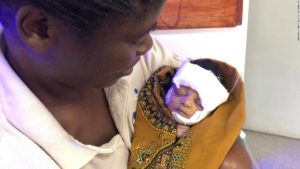
CNN.com (Scourge of superbugs killing Malawi’s babies)
In 2016, 20% of Malawi’s newborns died due to an epidemic of infections causing sepsis; “by comparison, in the UK, sepsis is responsible for less than 2% of infant deaths.”
Sometimes improvement in healthcare starts with the improvement of the country’s overall conditions. In underdeveloped countries like Malawi, running water is scarce, soap is expensive, “many lack education on the importance of washing their hands [or] how to hygienically prepare food or how to change their baby’s diaper, and not many can afford to go to a doctor when they become ill.” Therefore, an improvement in a keeping medical supplies (such as sterile gloves, bleach, chlorine, and soap) fully in stock would only be beneficial in a country like this if the sterile gloves and soap were available and made required for visitors’ use. However, even then, there is issue of unwashed clothing. The hospital could made clean clothes mandatory but what if a visitor cannot afford to wash his or her clothing on a regular basis? It could severely limit or eliminate their visitation ability. This is why focusing on making basic human needs such as public education on basic hygiene practices, widely available running water, and affordable soap for the general public is the first step in reducing and potentially eliminating epidemics such as this.
There are many organizations, such as WHO and UNICEF, who have been aiding with the international movement to reduce health complications by sending educators and supplies to countries like Malawi who are in desperate need. More help is always needed. Find an organization that fights for what you believe in and don’t be scared to help out in anyway you can.
It’s crazy how a little soap and water can save so many lives.


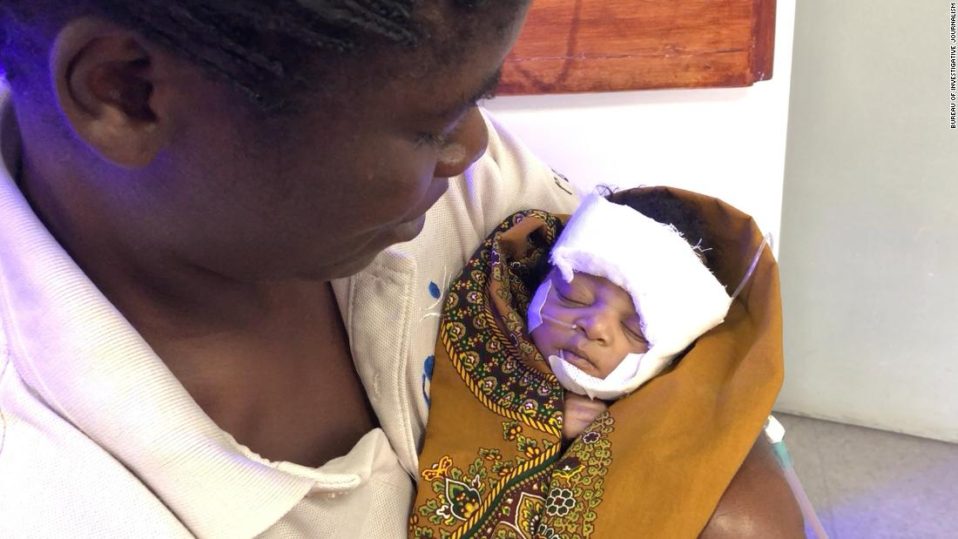
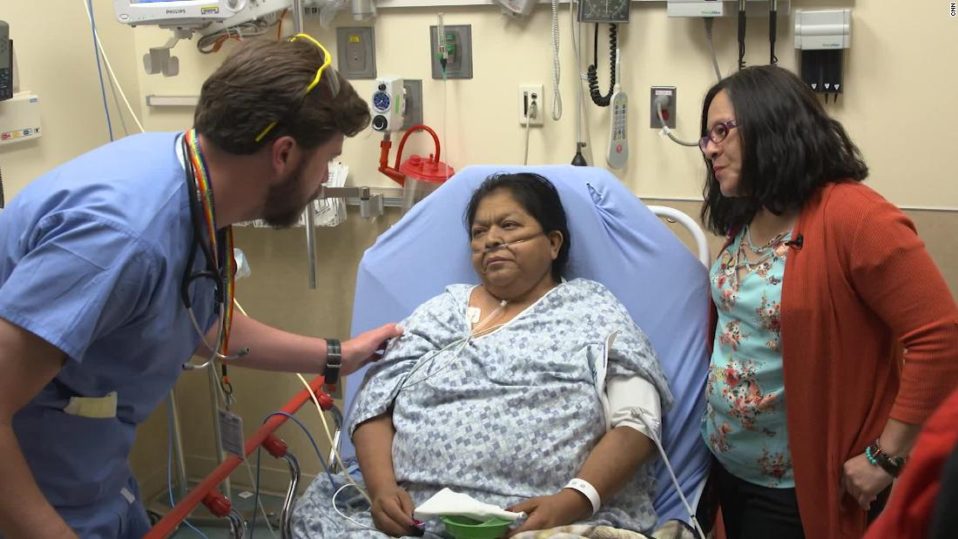
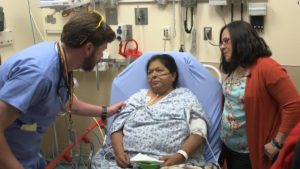
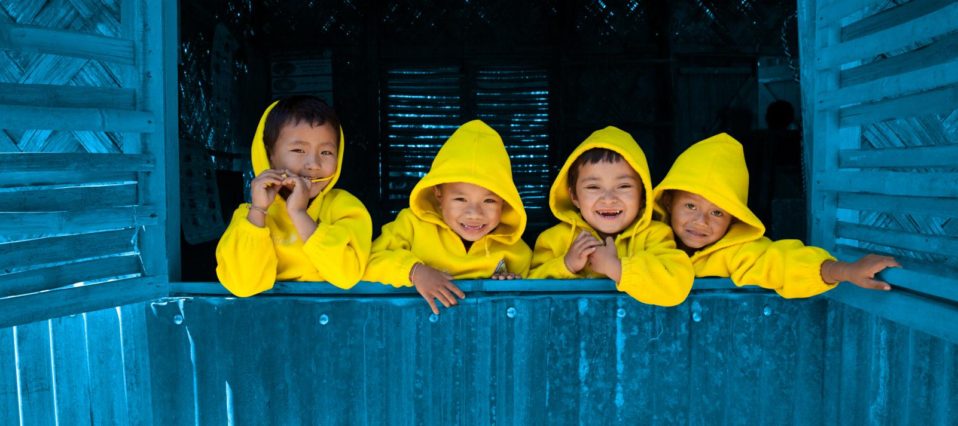

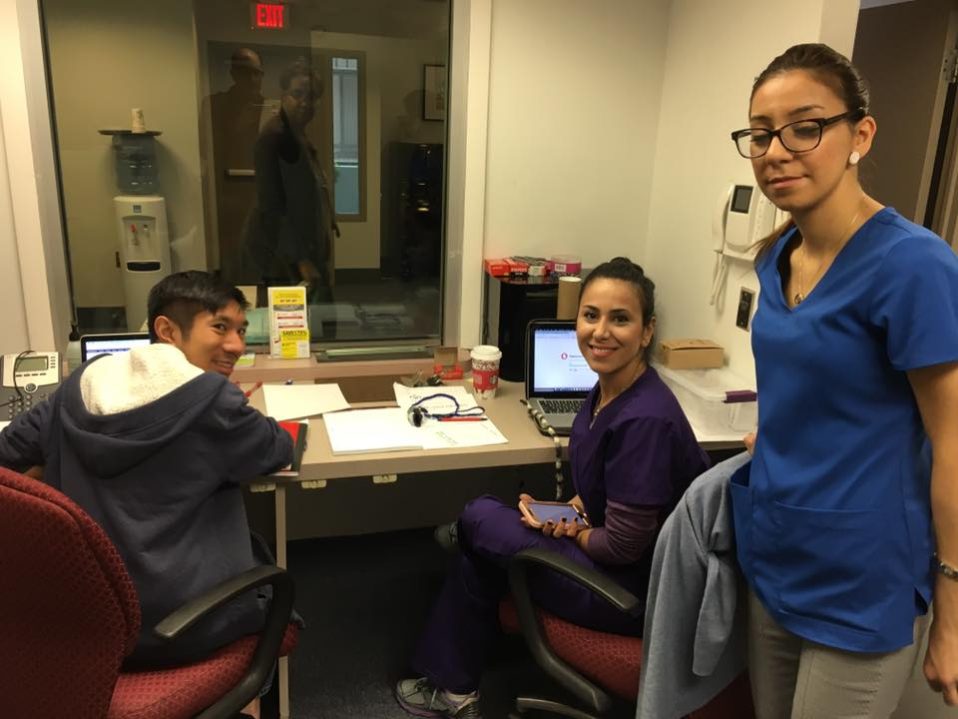
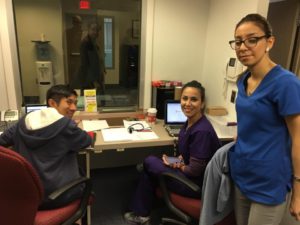
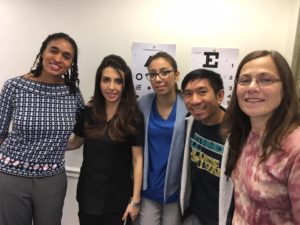
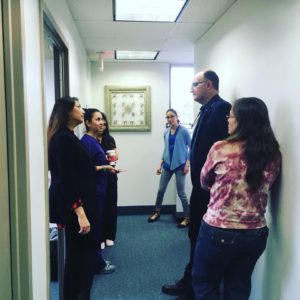
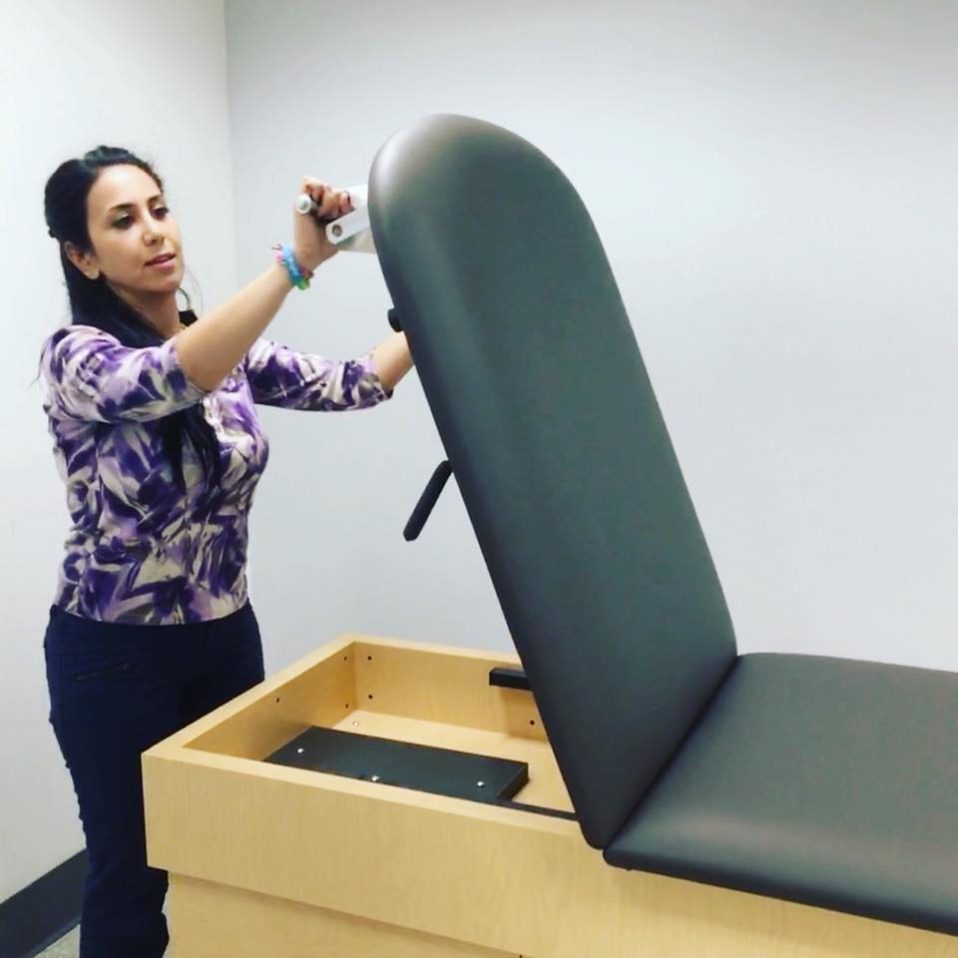
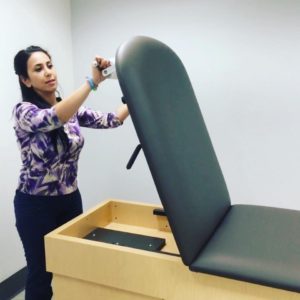
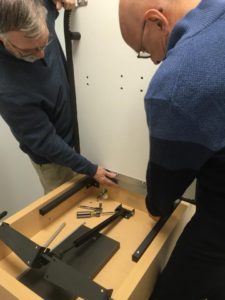
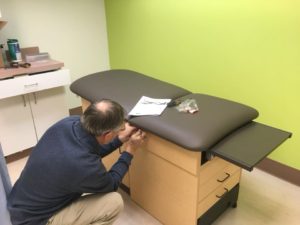
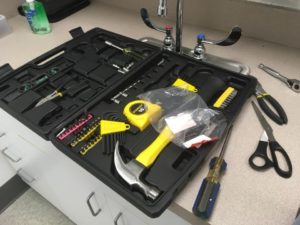
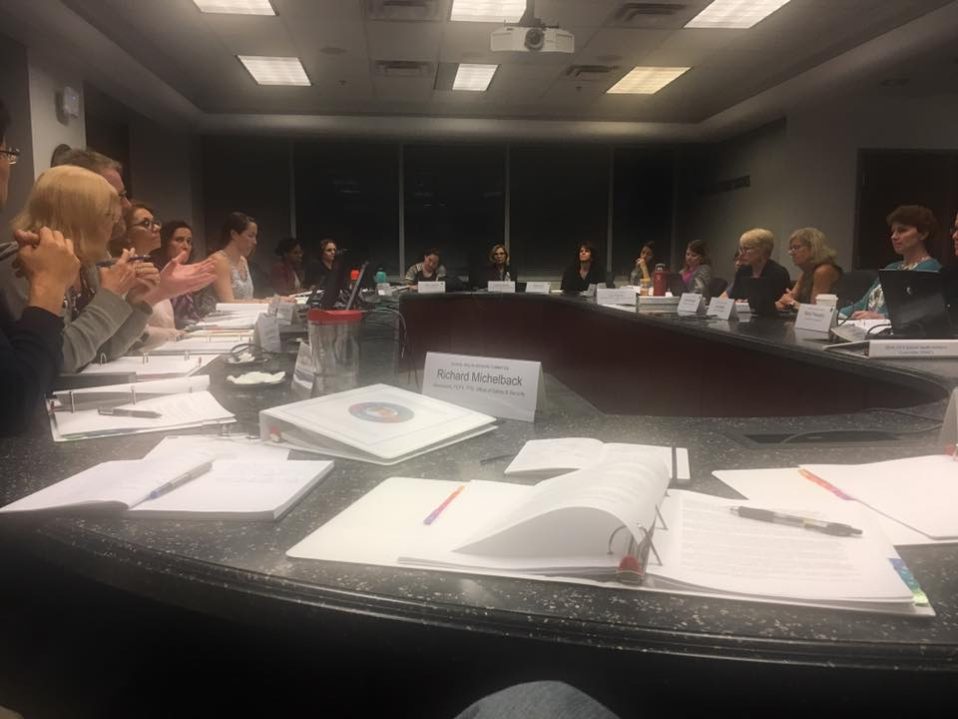
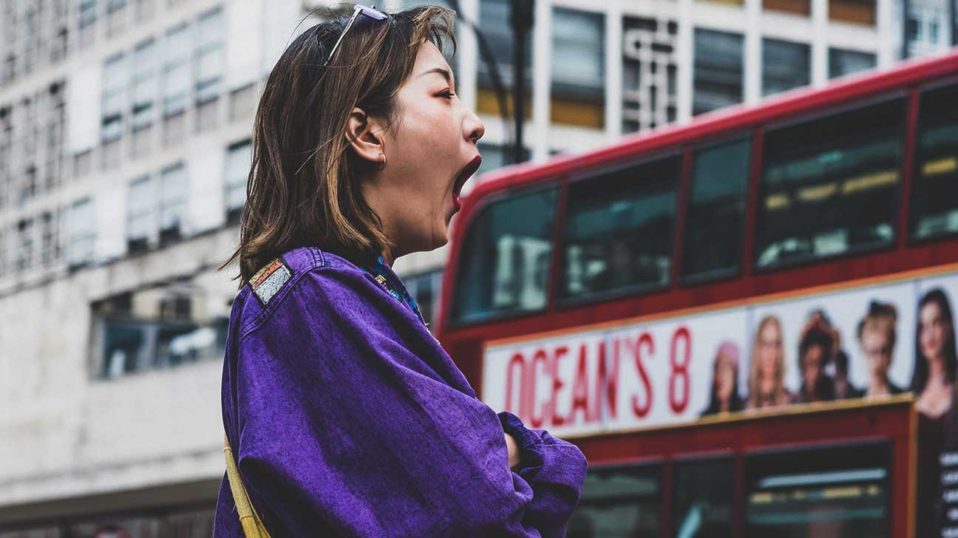
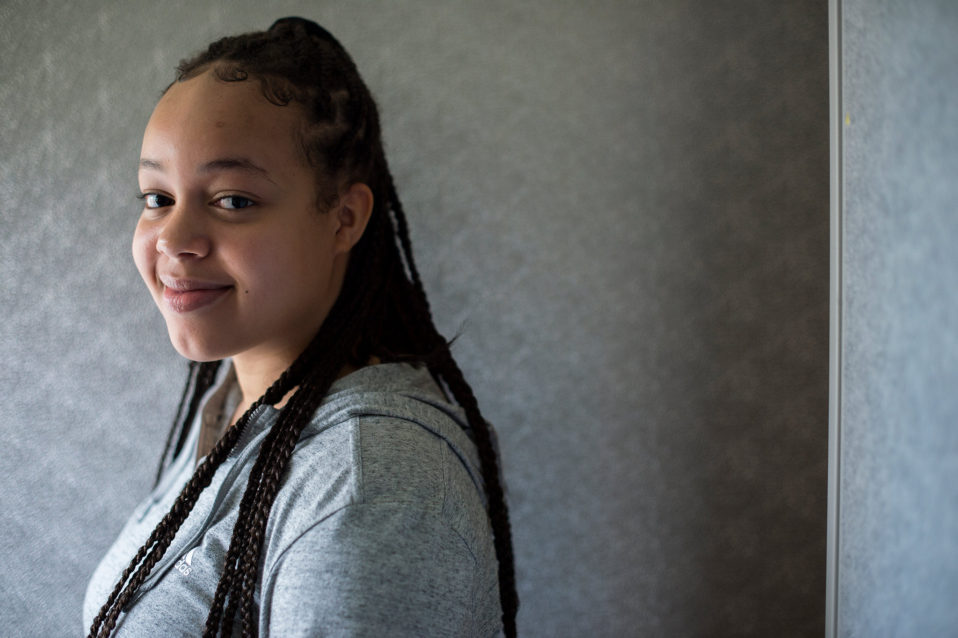
Recent Comments